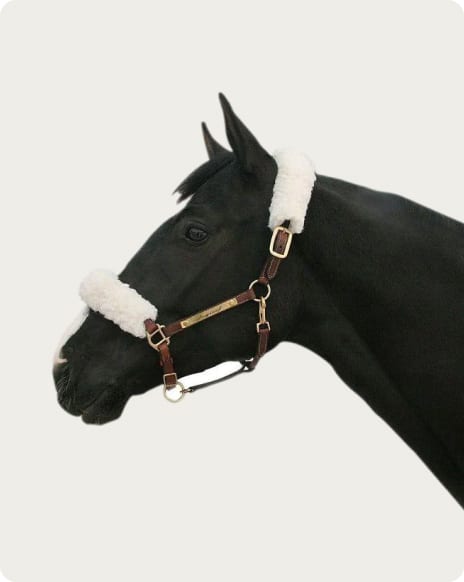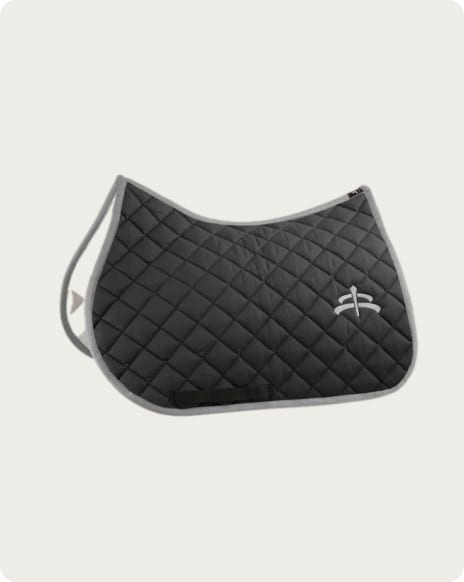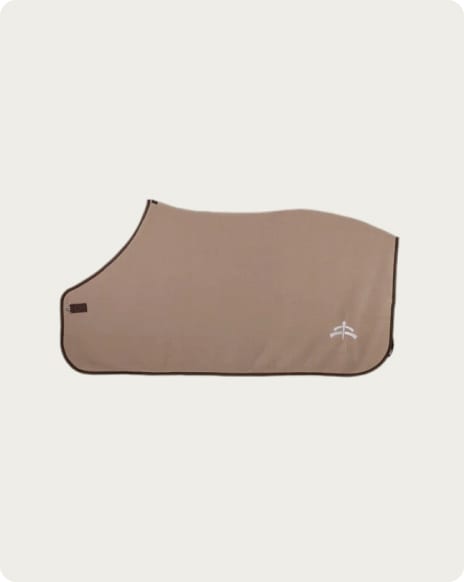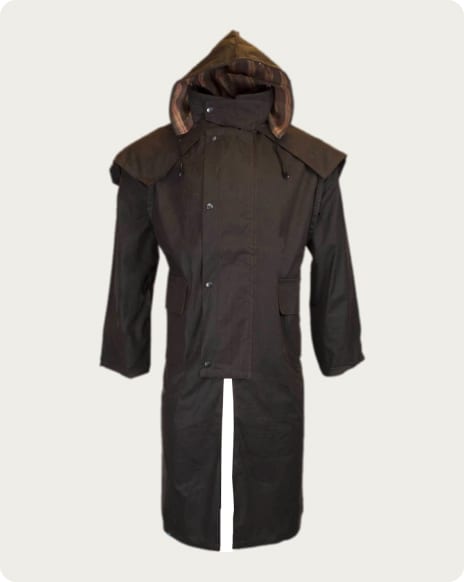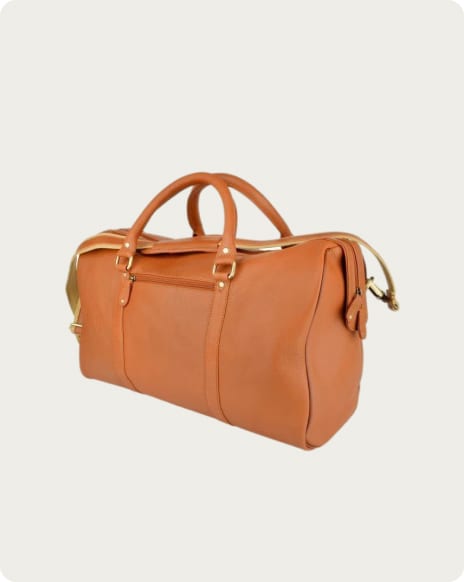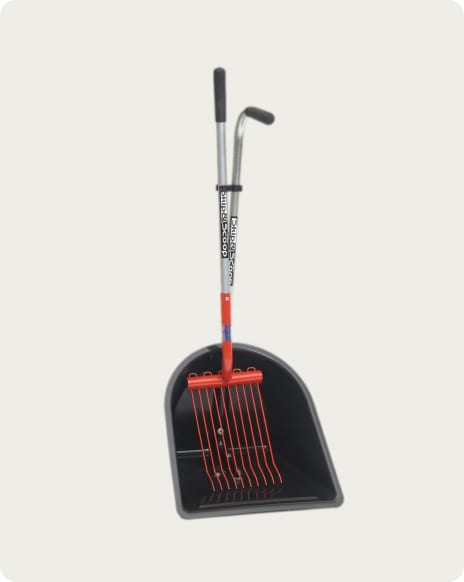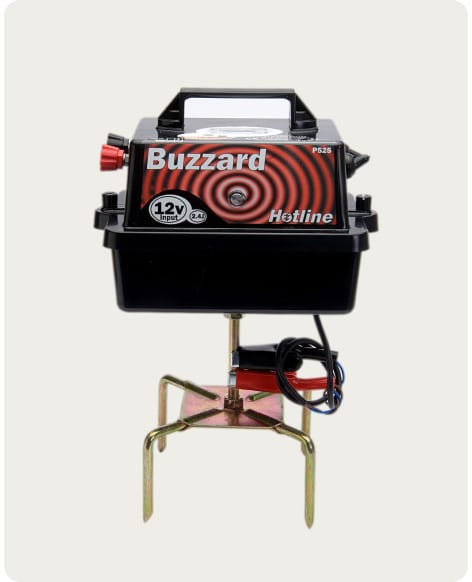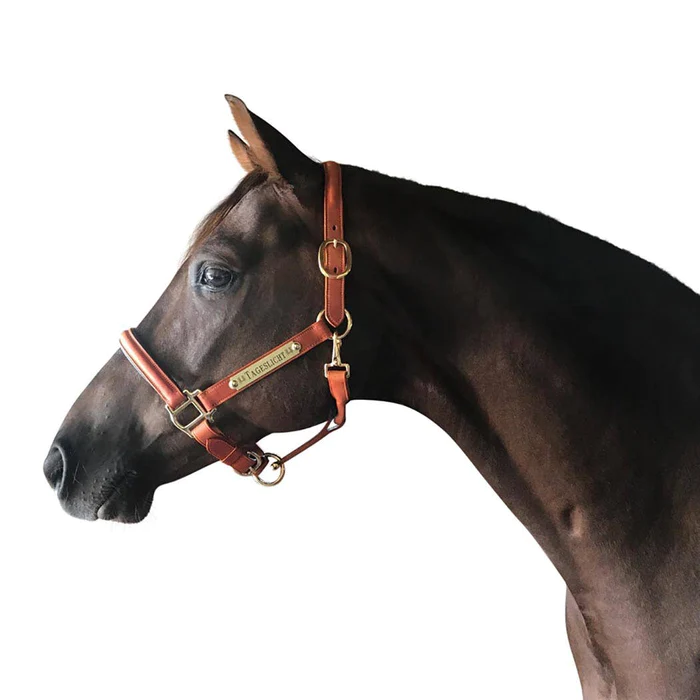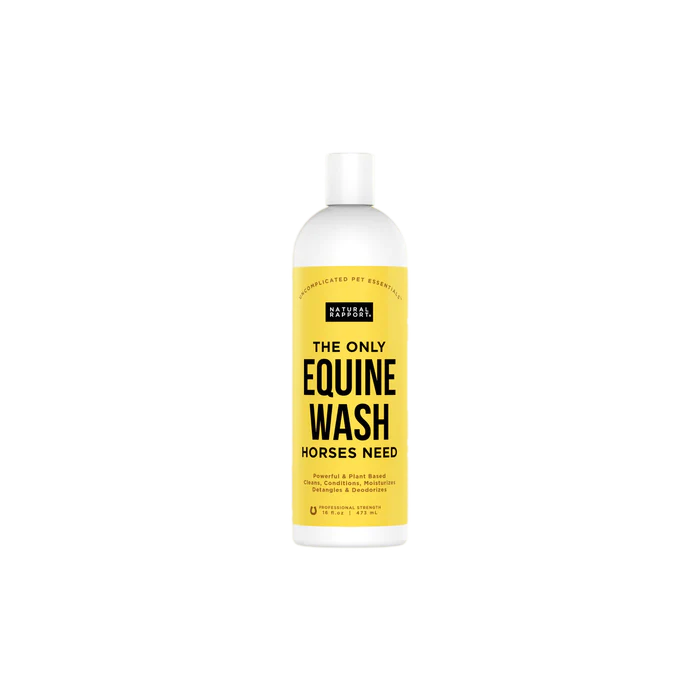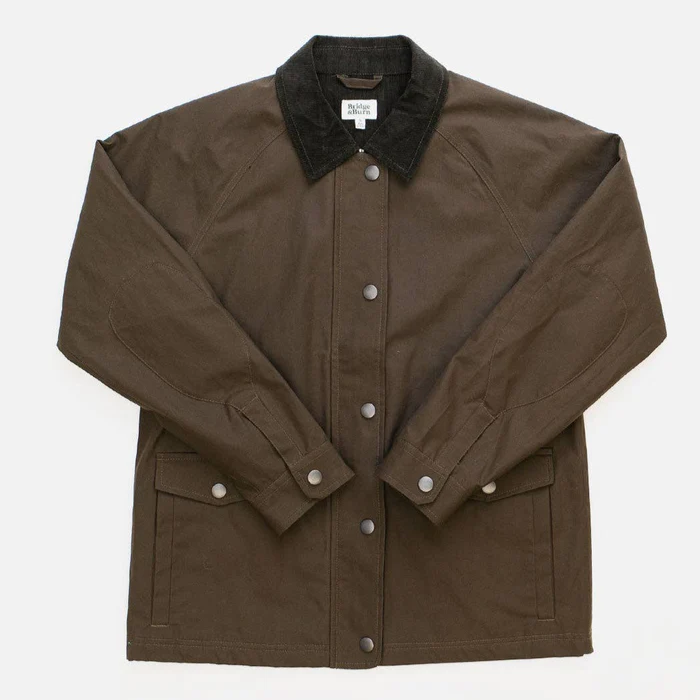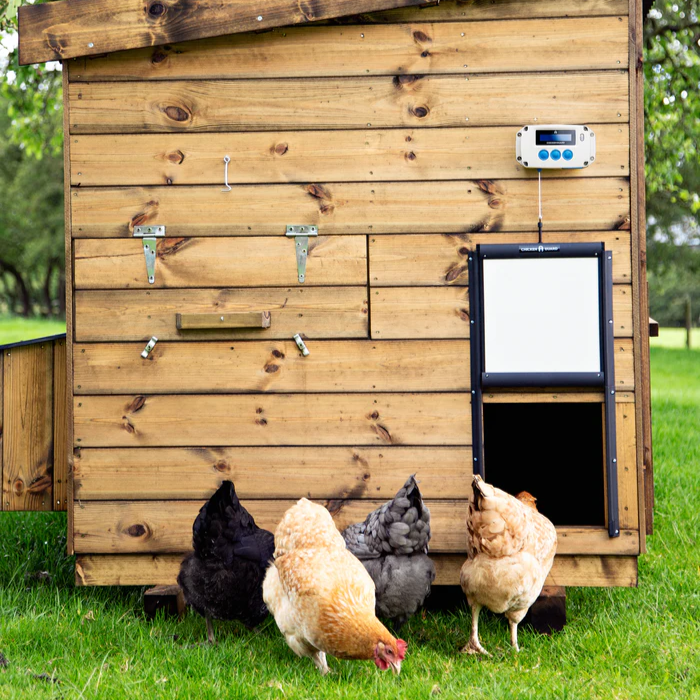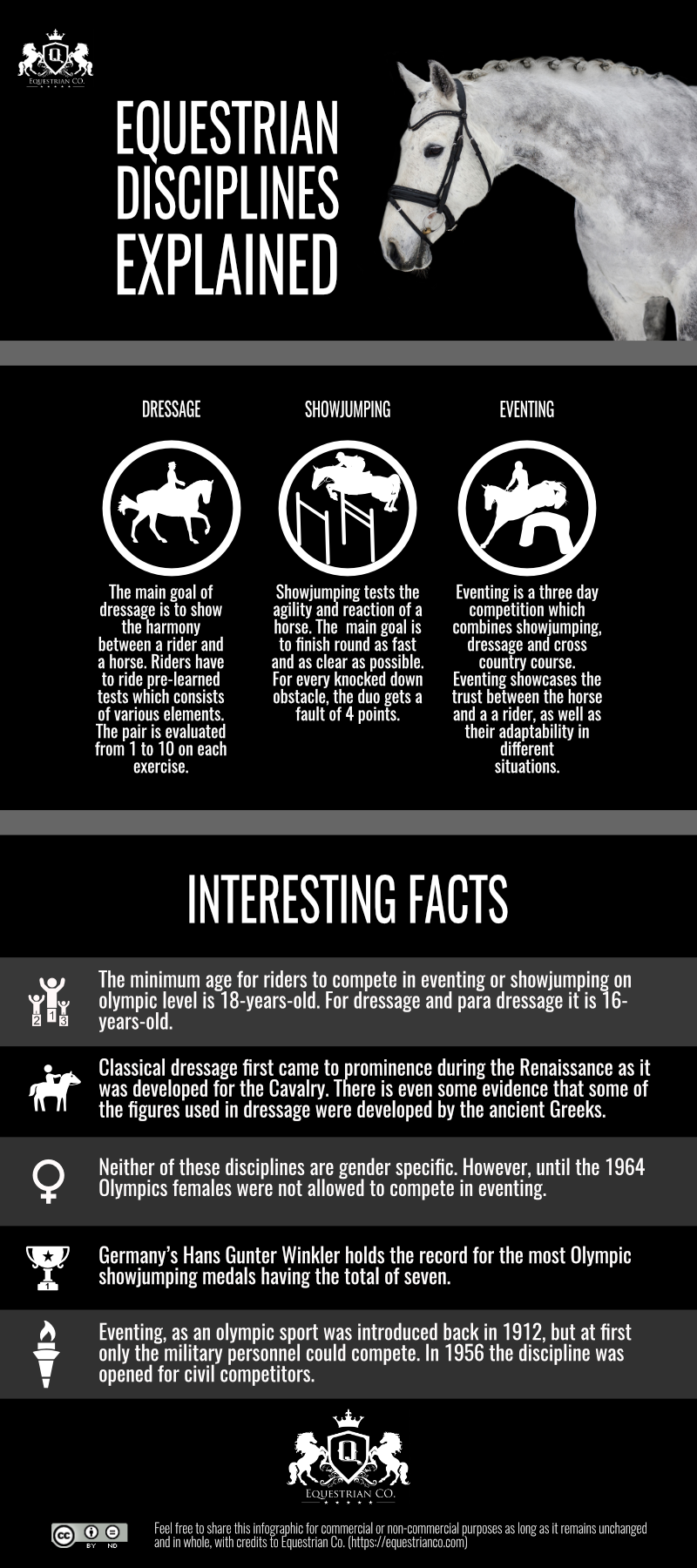
If you would like to embed this infographic on your website, simply use the code below.
Main Disciplines
The three main disciplines are dressage, show jumping and eventing. Eventing is a combination of dressage, show jumping and cross country, run on one day at the lower levels but at the higher levels, across a two or three day format. There are also other disciplines of endurance riding and vaulting but both of these tend to have a smaller following.
Governing Bodies
The first key point to understand is that where the three main disciplines are concerned, whatever the discipline, it appears in two forms – unaffiliated and affiliated. If you want to affiliate then you have to join the governing body for that sport so for eventing, that is British Eventing or ‘BE’, for show jumping it is British Show Jumping or ‘BS’ and for dressage, it is British Dressage or ‘BD’. You will need to register the horse, the rider and the owner as well if they are two different people. You will be issued with a membership card, a Rulebook and a right to compete at affiliated events It is probably fair to say that affiliated events are a higher level of competition than unaffiliated as affiliated events go right up to national and international level, but there is also a degree of overlap between the top end of unaffiliated events at local level and the bottom end of affiliated competition and many riders will do both.
Some unaffiliated competitions will restrict horses with too many points or winnings gained in affiliated competition and this restriction will appear on the schedule but these gains can ‘time out’ or depend on a particular rider, so it is important to refer to the rules of the competition you intend to ride in very closely. Equally, even at affiliated level, horses can downgrade within their discipline for a new rider who may be less established, or a junior.
Unaffiliated competitions almost always run under the affiliated rules for that particular discipline; it is easier to borrow an established set of rules from the appropriate governing body than create a whole new set. So even if you are not an affiliated competitor, you should be aware of the key rules that may apply at your unaffiliated competition.
One of the favourites which always catches people out is the difference between pure dressage, so a test run under BD rules where you can have a caller and can carry a long schooling whip, and the dressage element of an unaffiliated ODE or BE competition where neither a caller nor a schooling whip is permitted, so you will need to learn your test!
All of the disciplines will let you try them on a ‘day ticket’ basis so you can compete on the day without the expense of hassle of being a member but any winnings or points accrued will not count on the horse/rider record. All three of the main disciplines have grass roots exposure – BE has 11,000 members and 20% of these are grass roots level riders – and all offer support and encouragement via training days, coaches and expert help on the competition day.
Finally, if you are a Pony Club member or a member of an affiliated Riding Club, these also have their own rules for competition but do tend to borrow and overlap those of BD, BE and BS. So check your PC or RC rules carefully as there will be restrictions at certain levels of qualifying competition for horses that carry affiliated points or winnings.
Top Tip: check the rules carefully for your discipline and then you will only need to update yourself on any changes on an annual basis. Most organisations flag their rule changes well ahead of the new competition season.



